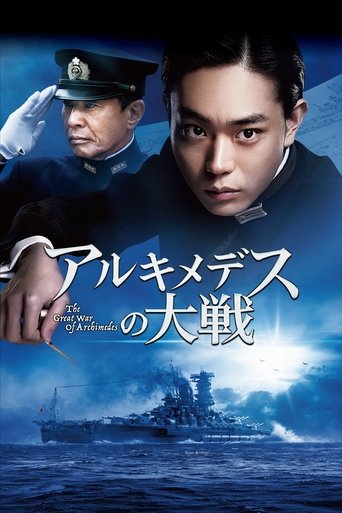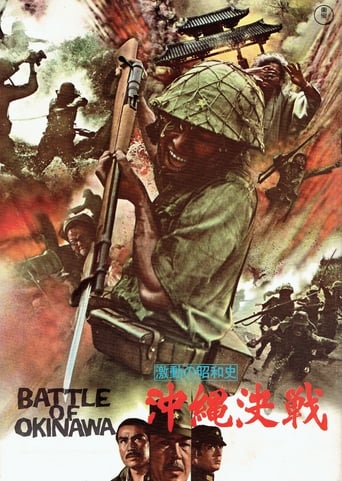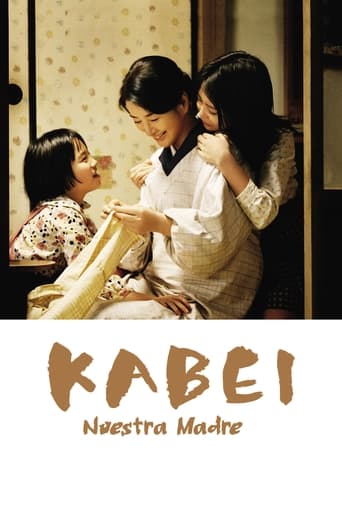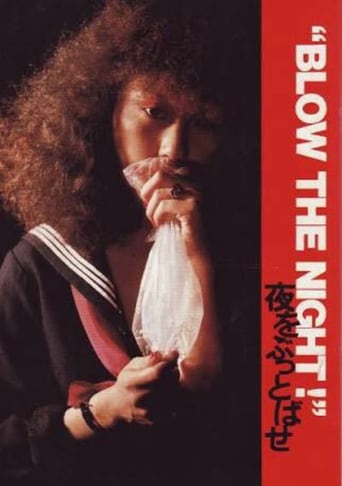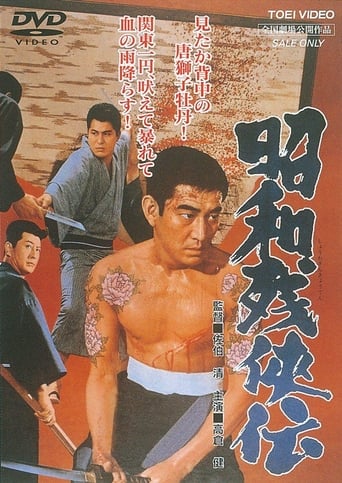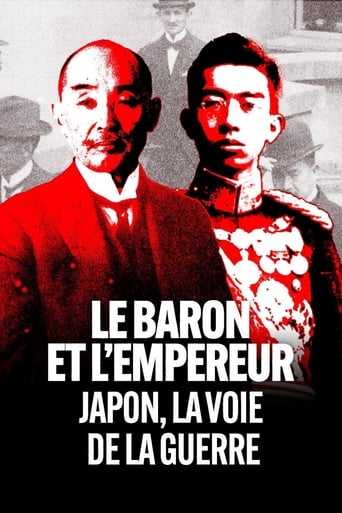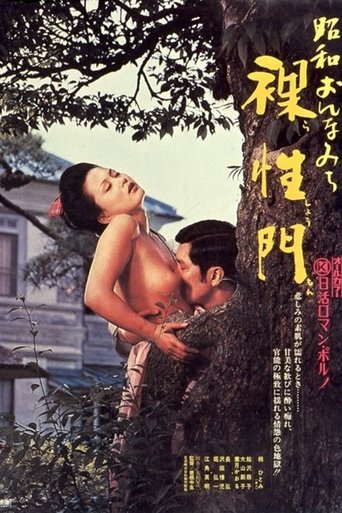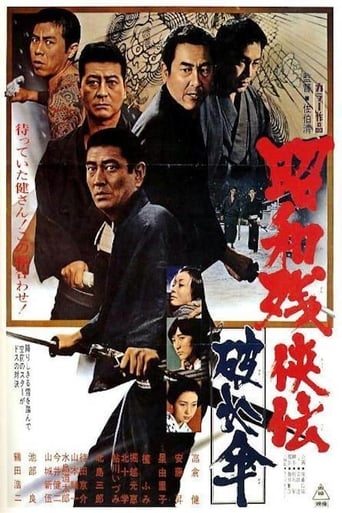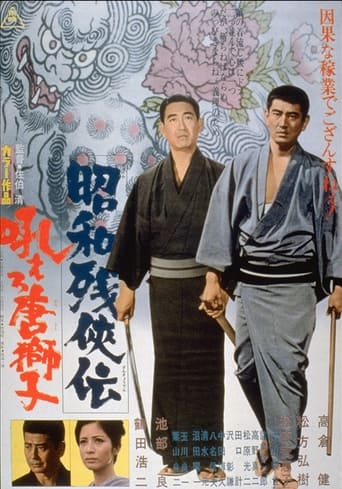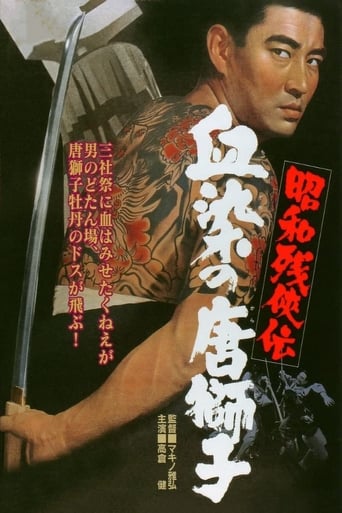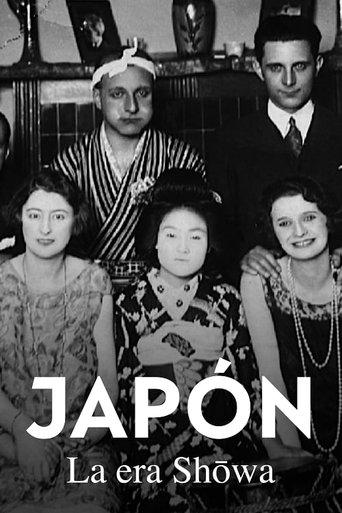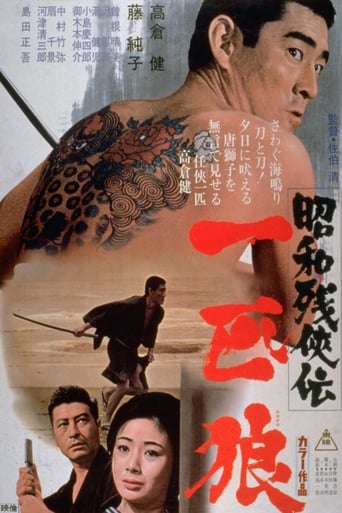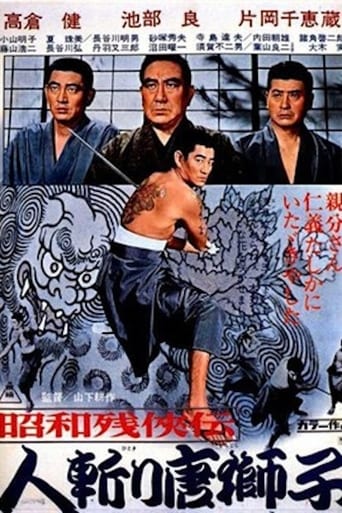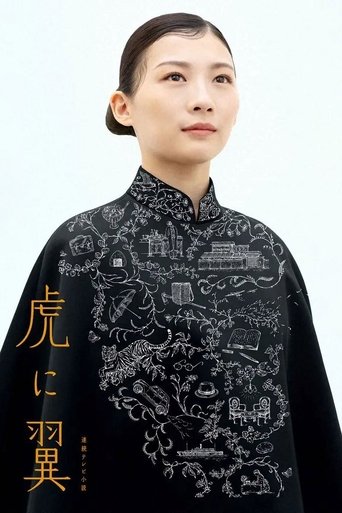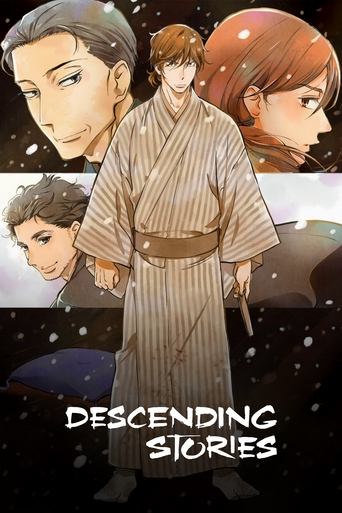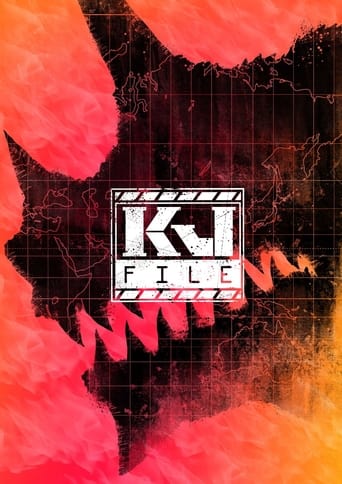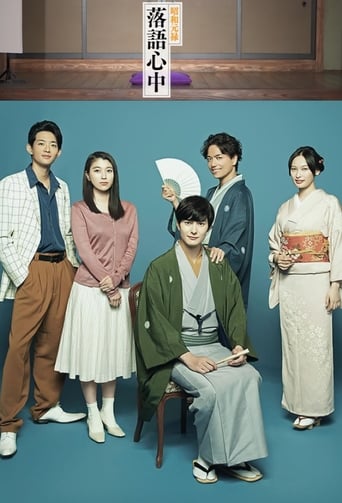Palabra clave Shōwa Era 1926 89
La batalla de Okinawa 1971
Recreación desde el punto de vista japonés de la batalla de Okinawa, una de las más sangrientas de la campaña del Pacífico.
家族ゲーム 1983
Kabei: nuestra madre 2008
Drama familiar basado en la Segunda Guerra Mundial, situado en Tokyo en el año 1940. La familia Nogami tiene una vida pacífica pese a lo ocurrido últimamente, pero de repente el cabeza de familia, Shigeru, es acusado de ser comunista y es detenido por ello. Su esposa trabaja día y noche frenéticamente para poder dar de comer a sus dos hijas con el apoyo de Hisako, la hermana de Shigeru. La Segunda Guerra Mundial arroja horribles y fatídicas noticias, pero Kayo todavía guarda una última esperanza de que su marido vuelva algún día.
"BLOW THE NIGHT!" 夜をぶっとばせ 1983
Docu-drama donde verdaderos yankii hacen de actores. Trata la historia de Namie Takada, una chica problemática de un pueblo que se muda a la ciudad.
昭和残侠伝 唐獅子仁義 1969
昭和残侠伝 1965
昭和残侠伝 死んで貰います 1970
昭和おんなみち 裸性門 1973
昭和残侠伝 破れ傘 1972
昭和残侠伝 唐獅子牡丹 1966
昭和残侠伝 吼えろ唐獅子 1971
昭和残侠伝 血染の唐獅子 1967
昭和残侠伝 一匹狼 1966
昭和残侠伝 人斬り唐獅子 1969
The Tiger and Her Wings 2024
In the early Showa era, Japan’s first women’s law school opens, and the protagonist, Inotsume Tomoko (Ito Sairi), gains nationwide attention as one of the first female lawyers in the country. However, after facing wartime Japan’s harsh realities and losing everything, she becomes a judge with her legal knowledge and dedicates herself to establishing the family court. She stands passionately for the hardships that politics and economics cannot solve.
Showa Genroku Rakugo Shinju 2016
When a certain man is released from prison, he knows exactly where he's heading first. After falling in love with a traditional comic storyteller's rendition of the story called "Shinigami," he is determined to become his apprentice. The performer, Yakumo, has never taken an apprentice before, but to everyone's surprise, he accepts the eager ex-prisoner, nicknaming him "Yotaro." As Yotaro happily begins his new life, he meets others in Yakumo's life, including Yakumo's ward Konatsu. Konatsu was the daughter of a famous storyteller, and Yakumo took her in after her father's tragic death. Konatsu loved her father's storytelling, and would love to become a performer in her own right—but that path is not available for women.
KJ File 2022
Unique monsters that suddenly began to appear all over the world from the beginning of the 20th century. At first, human beings tried to resist, but in the face of their enormous power, they came to the conclusion that complete extermination was impossible, and concentrated their wisdom on monitoring and analyzing monsters. The United Nations Kaiju Observatory (commonly known as Coulons) was born. Leading by the indomitable leader Yuichiro Kaido, the authority of monster ecology, Toji Kobayashi, the talent of monster function analysis, Claire Coleman, the maverick of monster disaster prevention, Kenny Mikoshiba, and the nobleman of monster strategy, Nikita Tarkovsky. A new generation Lulu de Picard who paved the way for monster linguistics, and Guillermo Marquez, a monster life science tycoon. Experts in monster science monitored and analyzed hundreds of monsters, and continued to explore a world where monsters and humankind live together.
Descending Stories: A Life In Rakugo 2018
Set during the early Showa period, Yakumo enters the world of rakugo. He forms a friendship with talented storyteller Yurakutei. Yakumo admires Yurakutei’s talent and struggles to achieve his level of performance. With the help of geisha Miyokichi, Yakumo grows up as a rakugo storyteller. Yurakutei and Miyokichi get married, but they die in a mysterious accident. Yakumo takes Konatsu, who is the child of Yurakutei and Miyokichi, and raises her. Konatsu grows up blaming Yakumo as her parents’ enemy. Konatsu and Yakumo’s disciple Yotaro chases after the truth of her parents’ death, which Yakumo hides.
Showa Monogatari 2011
Shōwa Monogatari is a 2011 Japanese anime film and television series about the Yamazaki family, who live in Tokyo during Shōwa 39, the same year Tokyo hosts the 1964 Summer Olympics. The film, directed by Tadahiro Murakami, was released in Japan on January 29, 2011. Hiroshi Kugimiya directed the 13-episode television series, which had its broadcast run between April and July 2011
